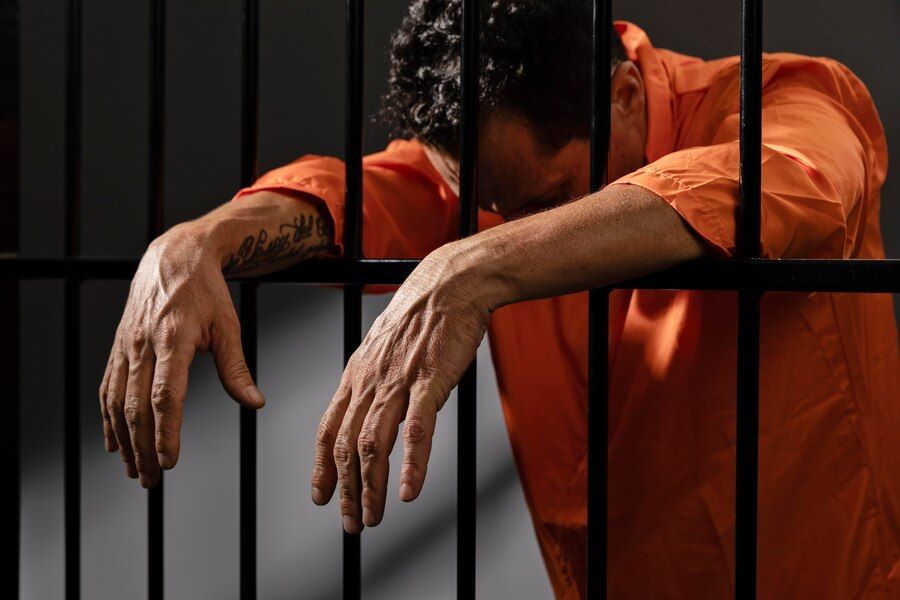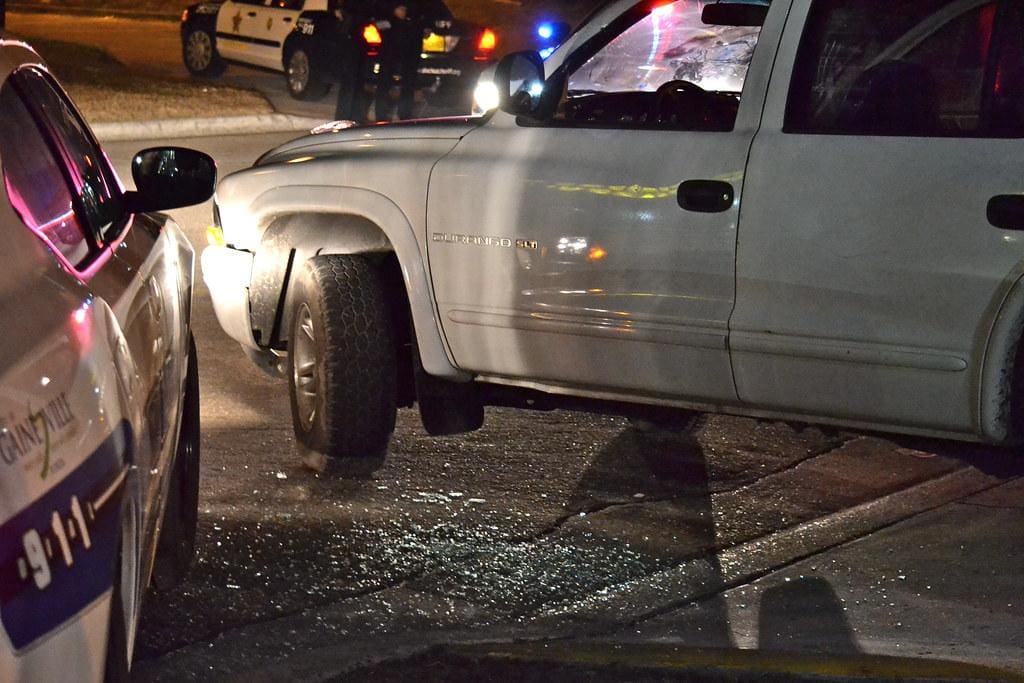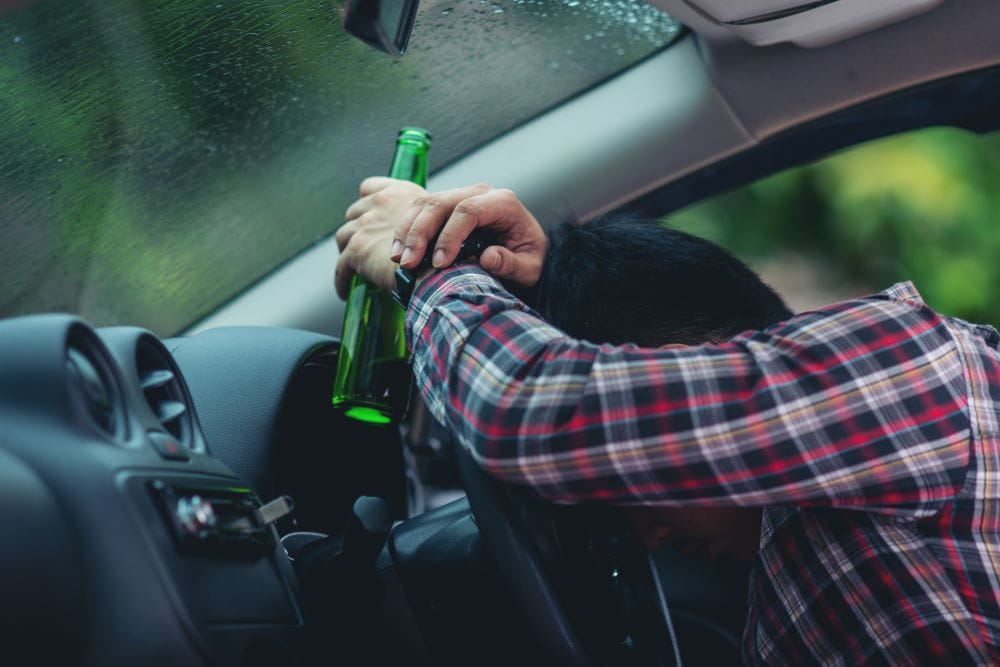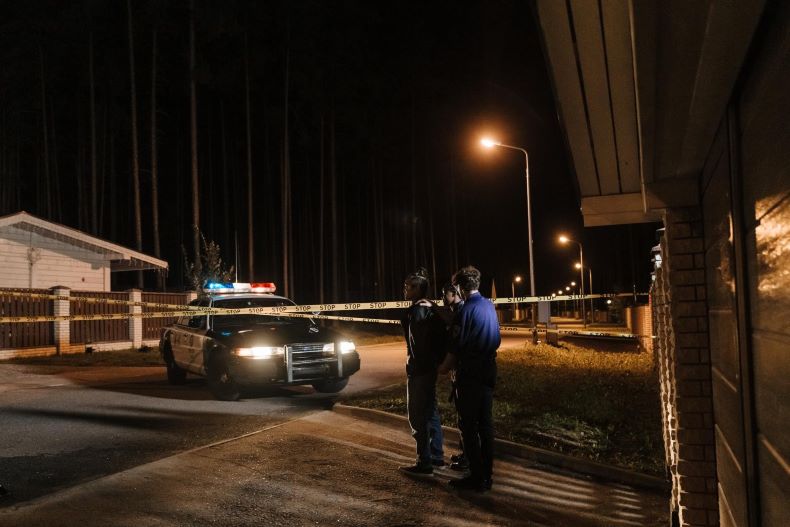
Facing a DUI charge for the first time in Nevada can be overwhelming. The legal system is complex, and understanding the penalties and punishments is crucial for making informed decisions. This comprehensive guide delves into the aftermath of a first-time DUI offense in Nevada, exploring the legal landscape, potential jail time, and the importance of securing legal representation.
Understanding Nevada DUI Laws:
Nevada’s laws regarding DUI offenses are stringent, and it’s essential to comprehend the legal framework. Driving under the influence (DUI) refers to operating a motor vehicle with a blood alcohol concentration (BAC) of 0.08% or higher. For individuals under 21, a BAC of 0.02% or more constitutes a DUI offense.
Penalties for a First-Time DUI Offense:
When charged with a first-offense DUI in Nevada, the penalties can vary based on factors such as BAC level, any injuries caused, and the presence of minors in the vehicle. While jail time is a concern, other consequences include:
Fines.
License suspension.
Mandatory attendance at a DUI school.
The installation of an ignition interlock device.
Jail Time for a First-Time DUI:
Many individuals wonder, “How long do I have to stay in jail for a DUI in Nevada?” For a first-time DUI offense, the mandatory minimum jail sentence is typically 48 hours, but it can extend up to six months. The actual duration depends on the circumstances of the DUI arrest and the court’s discretion. Judges may consider factors such as cooperation with law enforcement, remorse, and willingness to undergo alcohol treatment.
Fines and Court Costs:
In addition to potential jail time, individuals convicted of a first-time DUI offense can face fines ranging from $400 to $1,000. Court costs, which include legal fees and other expenses, can further add to the financial burden.
Driver’s License Suspension:
Another significant consequence is the suspension of driving privileges. The Nevada Department of Motor Vehicles may impose a 90-day license suspension for a first-time DUI offense. However, individuals may be eligible for a restricted driver’s license after completing a mandatory DUI school.
Ignition Interlock Device:
Nevada law mandates the installation of an ignition interlock device for individuals convicted of a first DUI conviction. This device requires the driver to pass a breath test before starting the vehicle.
Penalties for Second and Third-Time DUI Offenses:
For individuals facing a second or third-time DUI offense in Nevada, the penalties become more severe. These may include increased fines, longer jail sentences, and an extended license suspension. Understanding the escalating consequences underscores the importance of taking immediate legal action.
Second-Time DUI Offense:
A second DUI offense within seven years of the first carries a mandatory minimum jail sentence of ten days, with the possibility of up to six months. Fines can range from $750 to $1,000, and the license revocation period increases to one year.
Third-Time DUI Offense:
A third DUI offense within seven years is considered a felony DUI in Nevada. The penalties are significantly heightened, with a mandatory minimum jail sentence of one year, fines ranging from $2,000 to $5,000, and a three-year license revocation period.
The Role of Community Service and Alcohol Treatment Programs:
To address the root causes of DUI offenses, Nevada often mandates participation in community service and alcohol treatment programs. These initiatives aim to promote awareness, accountability, and rehabilitation while allowing offenders to contribute positively to society.
Community Service:
Individuals convicted of a DUI offense may be required to complete specified hours of community service. This could involve roadside cleanup, volunteering at local events, or participating in educational programs.
Alcohol Treatment Programs:
Participation in an alcohol treatment program is often a mandatory requirement for DUI offenders. These programs may include counseling, support groups, and educational sessions to address issues related to alcohol abuse.
Why Should I Get A Las Vegas DUI Lawyer?
Navigating the legal intricacies of a DUI charge can be daunting, and seeking the assistance of an experienced DUI attorney is highly advisable. An attorney specializing in drunk driving cases can provide valuable insights, assess the evidence against you, and craft a strategic DUI defense. Here are some reasons why hiring a Las Vegas DUI lawyer is crucial:
Legal Expertise: DUI laws are complex and can be challenging to navigate. An experienced DUI attorney understands Nevada’s legal system’s nuances, ensuring you receive the best possible defense.
Evidence Evaluation: A skilled DUI attorney will thoroughly review the evidence against you, including the circumstances of your arrest, field sobriety tests, and breath or blood test results. They may identify procedural errors or weaknesses in the prosecution’s case.
Negotiation Skills: A DUI lawyer can negotiate with the prosecution to reduce charges or penalties. They may explore alternatives, such as participation in a drug abuse treatment program or increased community service hours, to mitigate the impact of the DUI charge.
Court Representation: Having a DUI attorney by your side is crucial if your case goes to court. They can present a compelling defense, cross-examine witnesses, and advocate for your rights, increasing the likelihood of a favorable outcome.

Unlock Your Legal Shield with BLG’ Seasoned Attorneys
Navigating the aftermath of a DUI charge in Nevada involves understanding the legal landscape, potential penalties, and the importance of seeking legal representation. While the prospect of jail time is a significant concern, it is just one aspect of the broader consequences that individuals may face. Whether it’s a first, second, or third-time offense, consulting with a Las Vegas DUI lawyer is crucial in ensuring a fair and just legal process.
Remember, each case is unique, and the information provided here is a general guide. Consulting with a DUI attorney will offer personalized advice based on the specific details of your situation. Individuals charged with a DUI in Nevada can navigate the legal maze more confidently and work towards a more favorable resolution by taking proactive steps and seeking legal counsel.
Are you facing a DUI charge in Nevada? Need help navigating the legal maze. BLG is here to guide you through the complexities, protect your rights, and secure the best possible outcome for your case. Our experienced DUI attorneys specialize in Nevada law, offering tailored defense strategies to minimize penalties and safeguard your future.
Schedule a free consultation with BLG today.
FAQs
Should You Use a Bail Bondsman for Your DUI Arrest?
Whether to use a bail bondsman after a DUI arrest depends on individual circumstances and local laws. In some cases, individuals may have the option to post bail directly with the court, while in other situations, they might choose to use a bail bondsman who can post bail on their behalf for a fee. It’s advisable to consult with an attorney to understand the best course of action based on the specific details of the DUI arrest and the legal options available in the jurisdiction.
What is the most common sentence for a DUI?
The specific sentence for a DUI (Driving Under the Influence) can vary widely depending on factors such as the jurisdiction, the individual’s blood alcohol concentration (BAC), and whether there are prior DUI offenses. However, common penalties for a first-time DUI may include fines, probation, mandatory alcohol education programs, and the suspension of driving privileges.
How serious is a DUI in Nevada?
DUI laws and penalties vary by state, and DUI offenses are taken seriously in Nevada. Penalties may include fines, license suspension, mandatory DUI education programs, and possibly imprisonment. The severity of the consequences often depends on factors such as the offender’s BAC, any prior DUI conviction, and whether there were aggravating circumstances, such as accidents or injuries.
Do you go to jail for 1st DUI?
Whether an individual goes to jail for a first DUI offense depends on the jurisdiction and the case’s specific circumstances. In many places, a first-time DUI offender may face the possibility of jail time, especially if the BAC is significantly above the legal limit or if there are aggravating factors, such as reckless driving or causing an accident. However, some jurisdictions may offer alternatives to incarceration for first-time offenders, such as probation or participation in a diversion program.
What happens to a first-time DUI offense?
The consequences of a first-time DUI offense can vary based on the jurisdiction. Still, common penalties often include fines, probation, mandatory attendance at alcohol education or treatment programs, community service, and temporary suspension of driving privileges. Additionally, individuals may be required to install an ignition interlock device in their vehicle. The severity of the penalties can increase if there are aggravating factors, such as a high BAC or minors in the car.





